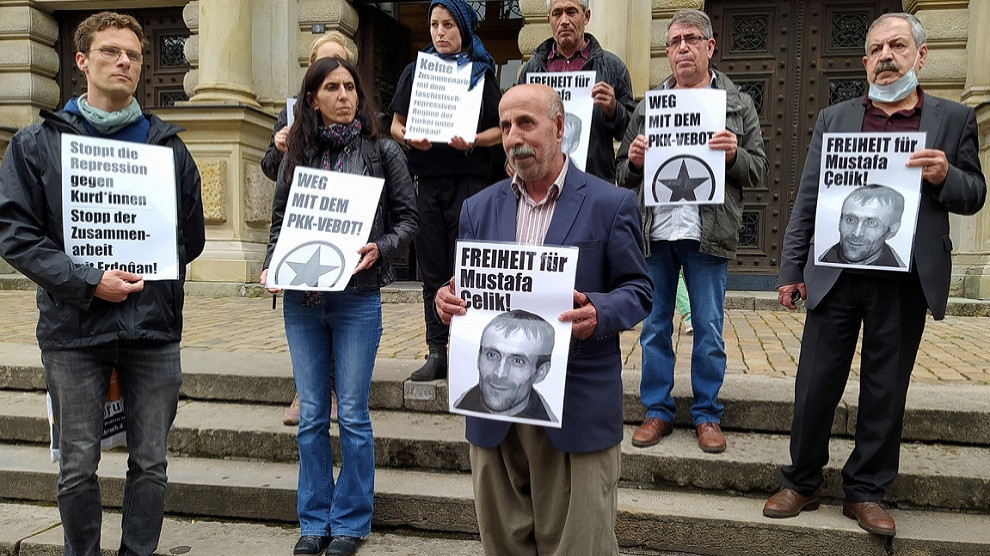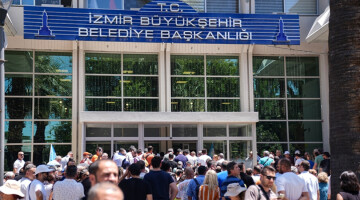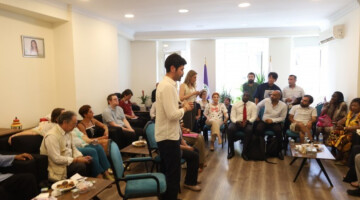In the trial of Kurdish activist Mustafa (Amed) Çelik before the Hamburg Higher Regional Court, a decision must be made on whether the conflict between Turkey and the PKK is a non-international armed conflict in the sense of international humanitarian law. The defense wants to have this clarified by an expert opinion and has requested that Norman Paech from Hamburg, an expert in international law, be commissioned to do so. Whether the court will accept the request will be determined at the next main hearing on September 7.
The expert opinion is to allow the Criminal Senate to come to the legal conclusion that "actions of the People's Defense Forces (HPG) do not constitute legally permissible reference offences for a criminal prosecution of the accused" according to § 129b of the German Criminal Code.
Professor Norman Paech worked at the Federal Ministry for Economic Development in Bonn from 1968 to 1972, from 1972 to 1974 he was a research assistant at the Research Center of the Association of German Scientists (VDW) in Hamburg, from 1975 to 1982 he was Professor of Political Science at the One-Step Law School of the University of Hamburg, from 1982 to 2003 he was Professor of Public Law at the Hamburg School of Economics and Politics.
He has published numerous articles on international law issues and was involved in the Tribunal against the Turkish state leadership in Paris in March 2018. He has been intensively involved in the Kurdish-Turkish conflict for years, visiting Kurdistan several times and holding talks with, among others, KCK executive Cemil Bayik.
Peace efforts ended unilaterally
As an expert witness in the Hamburg PKK trial, Paech is to argue that a non-international armed conflict is a confrontation between state regular armed forces on the one hand and recognizable armed groups fighting each other on state territory on the other. There is no legal definition of a non-international armed conflict. The Geneva Conventions merely speak of "parties" to an armed conflict without defining them more precisely. The existence of an "armed conflict" requires a certain intensity, i.e. the use of armed (military) forces. Individual skirmishes or attacks are not included. Nor does it include the conquest of national territory.
Despite the peace negotiations in 2013, Turkey began planning for the continuation or resumption of the war immediately after the Kobanê uprisings of October 6 and 7, 2014, and instructed the military and police to take precautions. This was obviously a reaction to the developments in Rojava and Kobanê. After the ceasefire and peace efforts were unilaterally ended by the Turkish state, the armed conflict continued from July 2015. With the start of broad-based military operations since July 24, 2015, the armed conflict has reached a new dimension on several levels.













